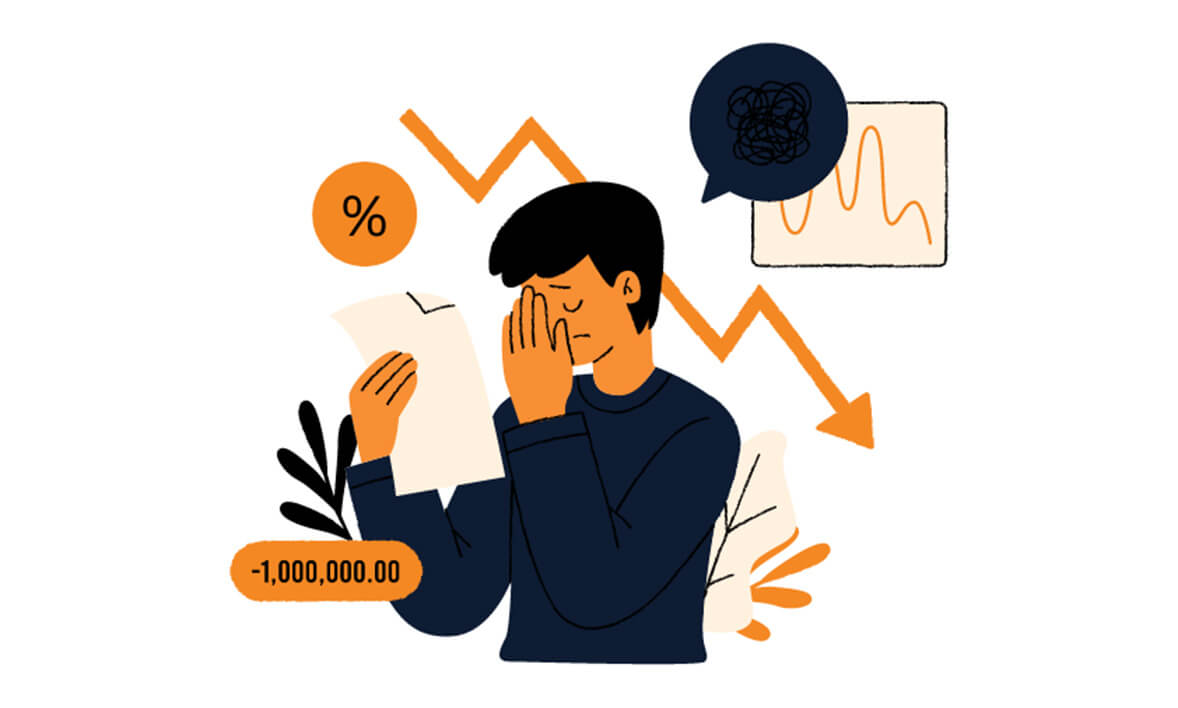How Does Fiscal Deficit Impact Interest Rates and Bonds?
Ever heard of the term "fiscal deficit?" You've probably come across it during budget talks or while scanning through the financial pages.
But what exactly does it signify, and why should you care as an investor? Read on to know what is fiscal deficit and how it affects interest rates and bonds.
A fiscal deficit occurs when the government spends more money than it brings in. It wouldn't be appealing to imagine exceeding your monthly income, would it?
The Fiscal Deficit-Interest Rate Dance
Here's where things start to get hot. The government borrows money to close the gap left by the fiscal deficit, which typically results in an increase in interest rates. It's as simple as when demand increases; prices tend to hike up.
Too Much Borrowing, Too Little Cash
The twist in the tale comes when the government goes on a borrowing binge. They’re not the only ones in need of money - the private sector is right there in line. The result? A bidding war that sends interest rates skyrocketing, is a nasty punch in the gut for borrowers.
Bonds – Caught in the Crossfire
But how do bonds come into play? Bonds and interest rates actually have a love-hate relationship to some extent. Bond prices often decline as interest rates rise.This spells bad news for bond investors whose returns are taking a hit.
Yields – The Silver Lining
It's not all bad news for bondholders, either. In an economy with high interest rates, bonds issued earlier tend to have enticing yields.
So, there’s a chance to make some good income. But hold your horses; there’s a flip side too.
Existing bond prices plummet, leading to a notional loss for bondholders.
The Investor’s Dilemma: Why Bother About Fiscal Deficit?
You might well ask, “Why should I care about the fiscal deficit?”
That’s because it usually impacts your investments, not suddenly but in an unnoticeable manner.
Interest Rates and Your Investments
A swelling fiscal deficit can jack up interest rates, potentially taking a bite out of the value of your investments. For instance, if you've put your money into bonds, rising interest rates could deflate their value.
Macroeconomic Stability
And let's not forget, the fiscal deficit isn’t just another boring number. It's a barometer of a nation's economic health.
A ballooning deficit might indicate macroeconomic instability, potentially frightening off foreign investors like a scarecrow in a field.
FAQs
Q. What is fiscal deficit?
Basically, it's the gap in a government’s budget that arises when the government’s total expenditure in a financial year exceeds its total receipts that year.
Q. How does fiscal deficit impact interest rates?
The government bridges the fiscal deficit by borrowing, which can push up interest rates due to higher demand.
Why should an investor worry about the fiscal deficit?
A soaring fiscal deficit can send interest rates up and bond prices down, denting the value of investments.
Last Word
The fiscal deficit isn't just a part of economic chatter; it's a vital cog in the complex machinery of financial markets.
By knowing its effects on interest rates and bonds, you're better equipped to understand the nuances that influence financial markets and investing.

